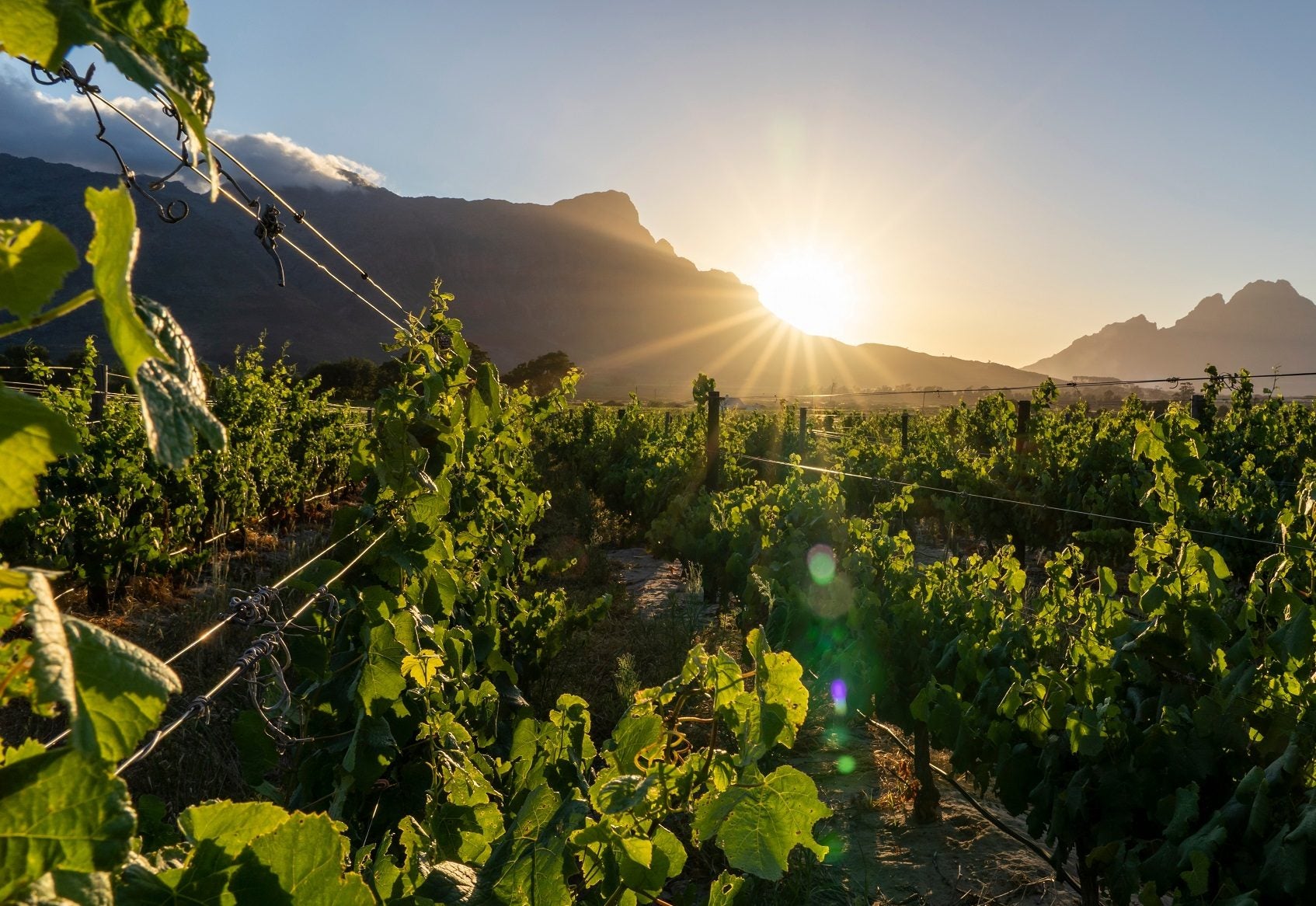
South African wine producers are calling on the national government to reassess proposed changes to excise duty for alcoholic drinks, laid out in its latest policy review.
The review from the national treasury comes as the government faces calls “to do
more to reduce excessive consumption of alcohol and related harms”, it said.
In a statement, national trade body South Africa Wine said it “strongly opposes the government’s proposed excise tax increases on wine, which could see rates rise by up to 80%”.
It added the “drastic measure… poses a severe threat to the sustainability of the wine sector and its significant socio-economic contributions”.
The trade body’s CEO Rico Basson has asked the government to “reconsider these proposals”.
One of the changes proposed in The Taxation of Alcoholic Beverages from the National Treasury is to increase the guideline for tax incidence for each alcoholic drinks category by 5% for wine and beer and 6% for spirits.
This would see excise duty on wine products increase from 11% to 16%, from 23% to 28% for beer and from 36% to 42% for spirits.
In its policy review, the government alternatively proposed building a system that allows excise rates to be adjusted “within the bounds of the expected inflation, as a minimum, with an upper limit of 10%”.
“A variation of this option could consider a minimum inflationary adjustment plus a maximum of up to four percentage points above inflation.”
The government also proposed taxing wines based on “absolute alcohol content” instead of by volume of the drink, which it said would “provide positive incentives for both producers and/or consumers to reduce ethanol supply and/or demand”.
Wines are presently taxed based on total volume of the beverage, while beers and spirits are taxed according to absolute alcohol content.
Through a band system, the treasury has proposed lower alcohol wines (from 0.5% abv to 4.5% abv) to be taxed at the present rate of R4.96 ($0.27) per litre, while mid strength wines (4.5% – 9% abv) are taxed at 1.4 times the current rate, and higher alcohol wines (9% to 16.5% abv) are taxed 1.8 times the present rate.
The document noted the move would tackle “the concern of cheap high alcohol content beverages, which the volumetric system fails to address”.
It would also need to be enforced in “a phased approach to allow all the role-players time to develop and implement the necessary system enhancements for administration and enforcement of such a system”.
“These proposals could devastate our industry, driving job losses and forcing producers out of the market,” said Basson.
“The wine industry supports over 270, 000 jobs, contributes R56 billion to the economy, and plays a vital role in rural development. The proposed excessive increases in excise rates will destabilise this critical sector and harm communities already facing economic hardship.”
The policy review also suggested that minimum unit pricing (MUP), in place in countries including Scotland should also be considered for implementation.
Stakeholders have until 13 December to submit comments on the treasury proposals. Draft proposals on alcohol taxation will take the comments into consideration with an announcement on the new duty framework expected to be launch during the country’s Budget Speech in February next year.
Basson has called “urgently… on the government to extend the deadline”.
He added: “The current excise regime, aligned with international standards, is achieving public health and revenue goals without compromising the industry’s sustainability. Instead of penalising compliant producers, the government should focus on combating illicit trade and strengthening law enforcement.”
The trade body said it was determined to work “constructively with the government to find more balanced and sustainable solutions that support the sector while achieving public health and fiscal objectives”.
“We urge the government to work with the wine industry to find a more balanced and sustainable approach to alcohol taxation, postponing any final decisions until after comprehensive consultations, and to limit the wine excise increase to a maximum of CPI in February 2025,” Basson said.


